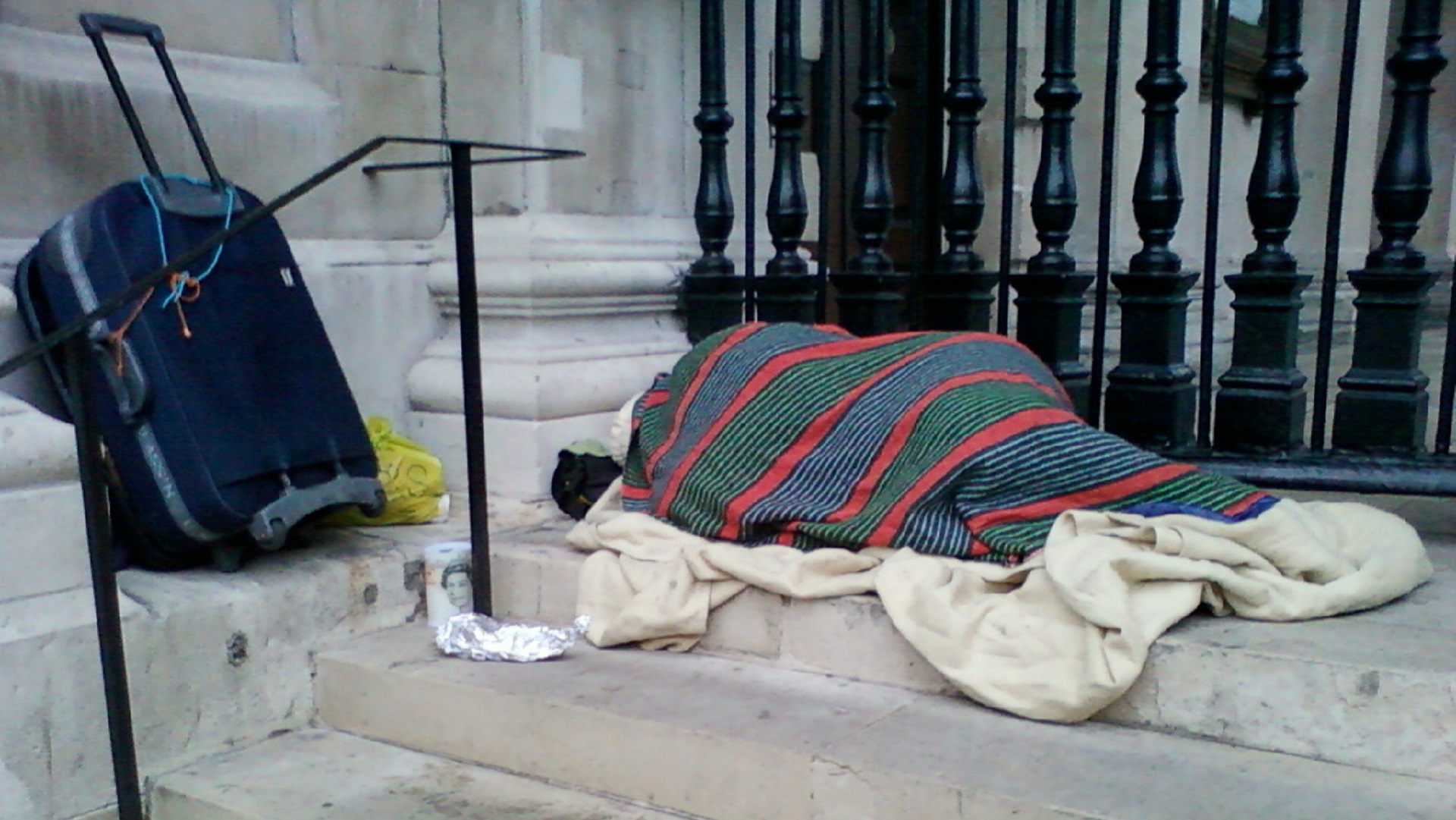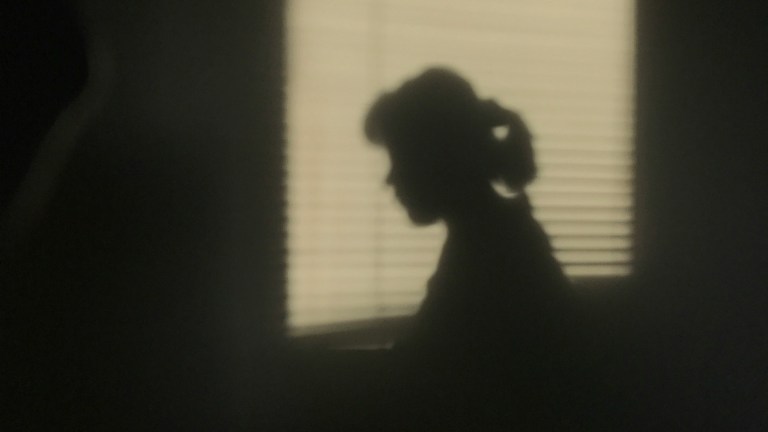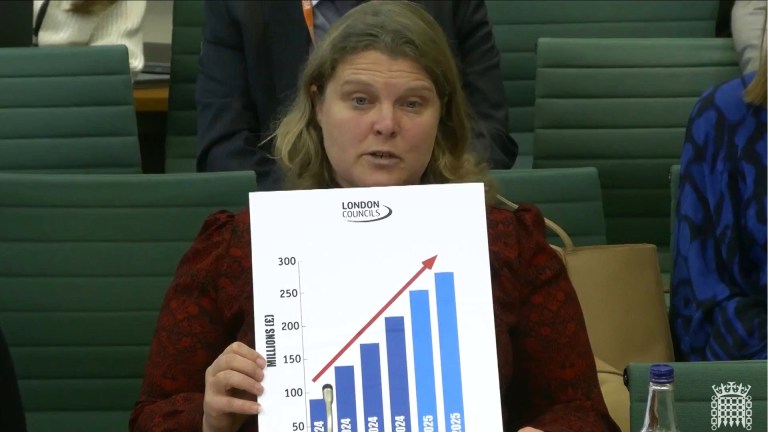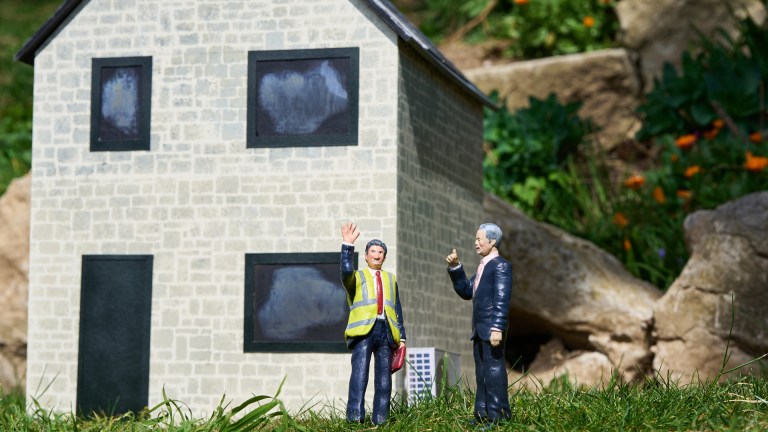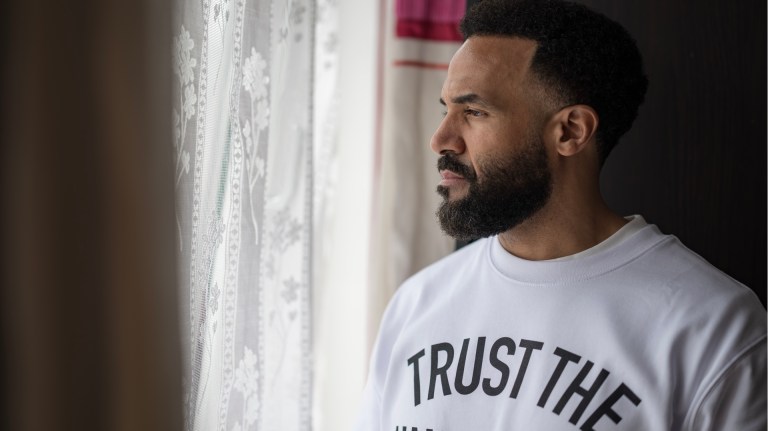Of the 11,000 people seen rough during the year-long period, 7,531 were spending their first night on the streets, amounting to 68 per cent of all people spotted sleeping rough and up seven per cent of the number of rough sleepers seen in 2019/20.
Homelessness workers helped 6,130 people into accommodation or reconnected them with their families during the year.
A third of those rough sleeping were recorded as being placed in Covid-19 emergency accommodation, though the statistics do not include people housed through Everyone In when the pandemic broke out in March 2020.
Rick Henderson, Homeless Link chief executive, said that while the Everyone In scheme was a “huge success” efforts to end rough sleeping for good must go beyond the emergency measure.
“We now find ourselves at a precipice. Without decisive action, much of the good work of the past 15 months risks being undone,” said Henderson. “The Everyone In programme is coming to an end, bringing with it the risk of many people still housed in hotels ending up back on the streets. Add to that the ending of the recent evictions ban, the winding down of the furlough scheme and a huge shortfall in affordable housing and it’s clear that many people will struggle to stay afloat in the coming months.
Advertising helps fund Big Issue’s mission to end poverty
“It’s easy to think of this in broad numbers, but these are real lives, stories of people let down by a system that should protect them.
“But the recent delaying of the end of restrictions gives the government an opportunity to act. There is a clear chance now to build on the unconditional ethos of ‘Everyone In’ whilst also embracing the long-term housing options and support measures that we know are most effective in helping people leave homelessness for good.”
The Westminster government recently announced £203m funding for its nation Rough Sleeping Initiative to help rough sleepers rebuild their lives.
But Lorrita Johnson, The Salvation Army’s director of homelessness services, insisted more funding would be needed for ministers to reach their target of ending rough sleeping for good.
Johnson also called for rough sleeping statistics to be improved. The London-only CHAIN figures are considered to be more accurate than the one-night counts and estimates used for official national figures. Local authorities and charities carry out the rough sleeping counts on one night in autumn every year to produce official statistics in England and Wales. However, the CHAIN figures see multiple agencies track the flow of rough sleeping over time so are throught to be more accurate.
But government figures on the number of people protected through the Everyone In scheme revealed more than 37,000 people had been placed in emergency accommodation during the pandemic – dwarfing both CHAIN and official statistics.
Advertising helps fund Big Issue’s mission to end poverty
The Office for National Statistics collated UK-wide rough sleeping figures for the first time earlier this month – a move Johnson described as a “big step forward”.
“Only when we truly understand how many people are forced to sleep rough can we know what we must do to address the issue,” said Johnson. “ Without accurately knowing how many people are forced to call the streets their home, support services cannot be properly planned or sustainably funded.
“The Everyone In programme showed that the government has consistently underestimated the number of rough sleepers.”
